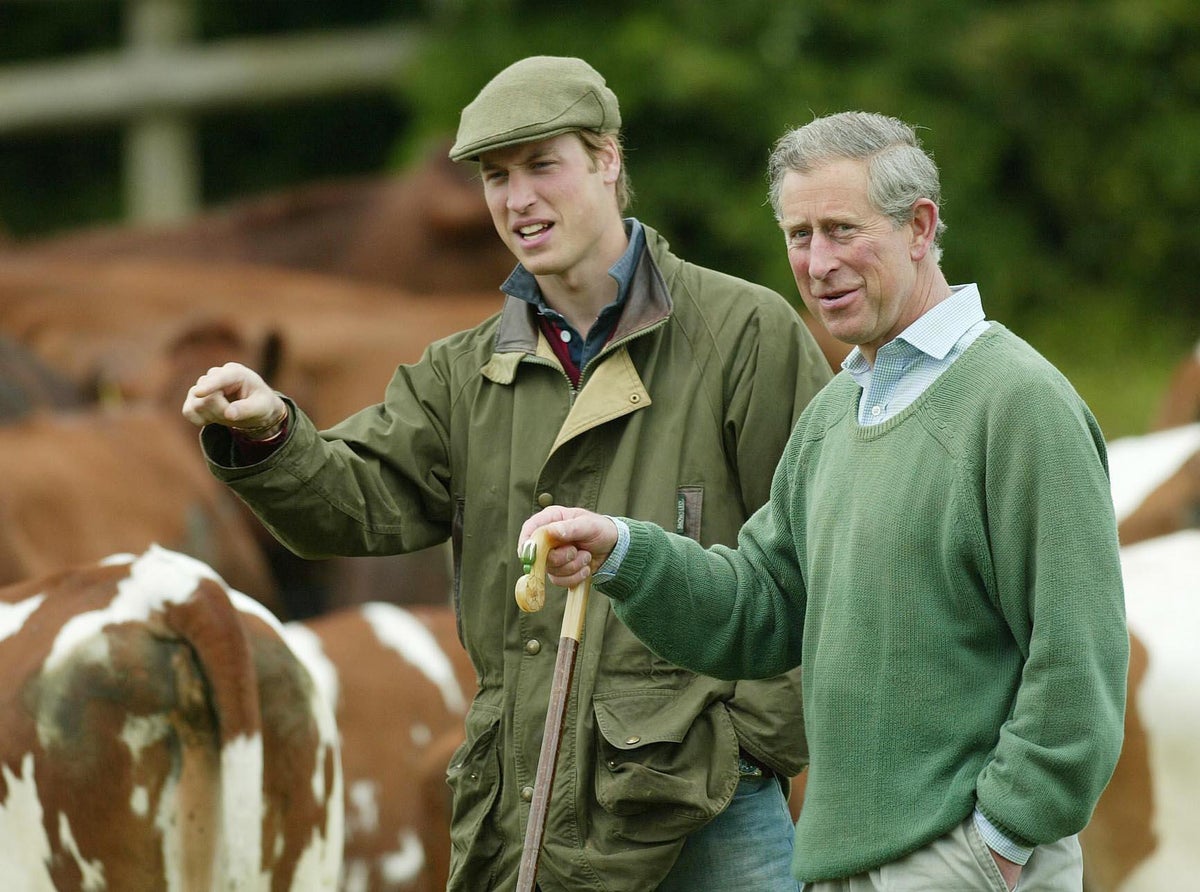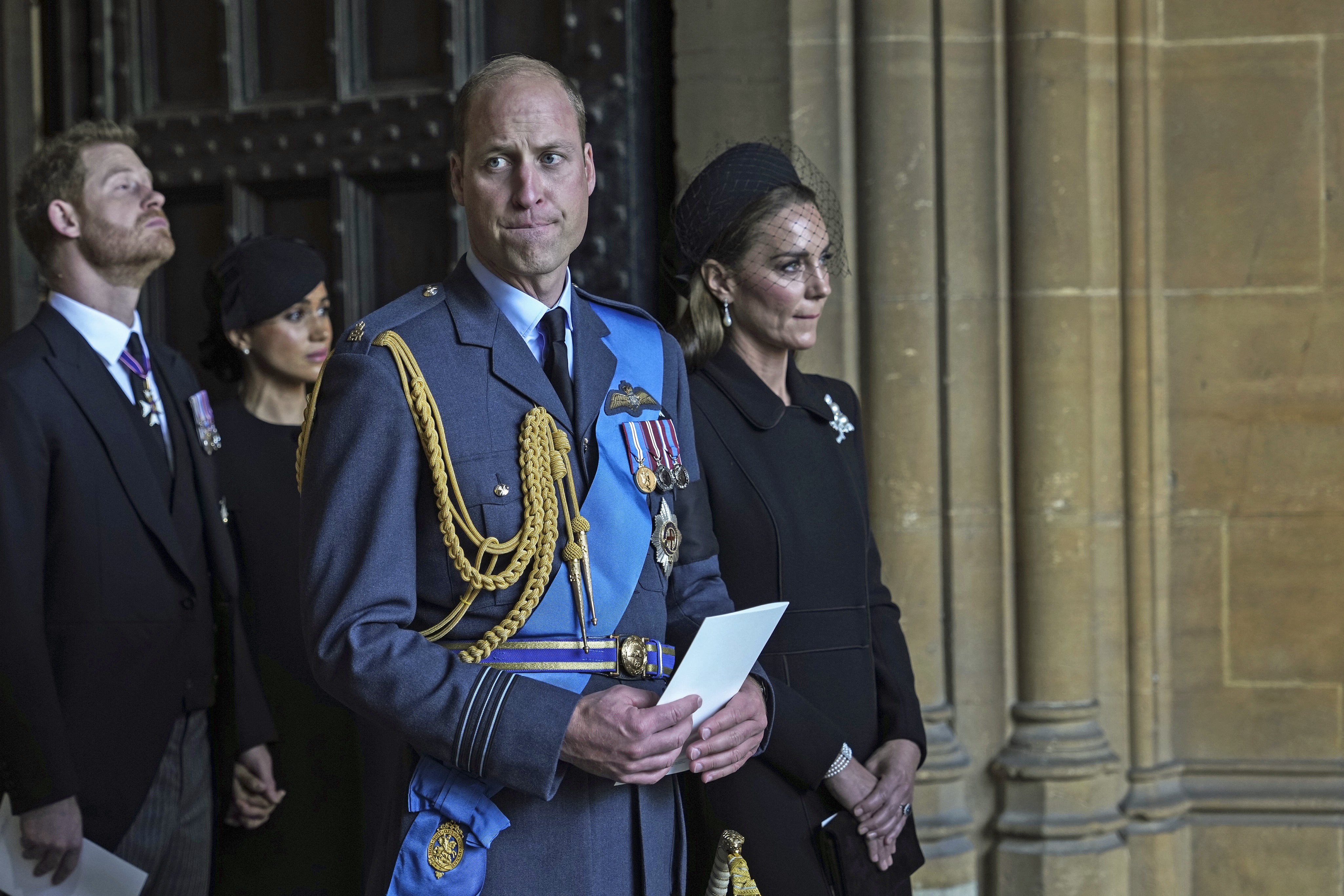
The Prince of Wales, who has inherited a £23 million-a-year income from the Duchy of Cornwall, held a meeting with the landed estate’s finance committee on Wednesday.
William has become the 25th Duke of Cornwall following his father’s accession.
As heir to the throne, the prince is entitled to the annual surplus generated by the Duchy’s vast portfolio of land, buildings and financial investments.
He has also taken charge of overseeing the management of the estate, with the meeting understood to be a sign of the seriousness with which takes his new role.

In 2021-2022, the annual Duchy income came to £23 million for Charles, then the Prince of Wales and now King.
The Court Circular recorded that William spoke to the Duchy’s finance committee via video link on Wednesday.
The yearly private income will cover the cost of both William’s public and private life.
He already received an undisclosed sum of money each year from the Duchy through his father, but now William is entitled to the full surplus.

William, 40, has been preparing for the role as Duke of Cornwall for many years.
“I am very passionate about my farming and I just want to learn more about it,” he said in an ITV documentary with Charles in 2019.
Charles admitted he was “deeply touched” that William had taken an interest in the Duchy.
He added: “It practically reduced me to tears. Because I suddenly thought, ‘well, just hearing that from him, has made the last 50 years worthwhile’.”

The television documentary marked five decades of the then Prince of Wales being in charge, with Charles adding: “He’s quite lucky because I found myself there at 21. I had a bit of baptism of fire really.
“He goes and visits different parts of the Duchy of Cornwall, and so he is learning, I hope, as time goes by.”
The Duchy is valued at more than £1 billion and is one of the largest and oldest in Britain.
It extends across 23 counties in England and Wales and includes the Oval cricket ground and 67,000 acres of Dartmoor.
It was established by Edward III to provide a private income for his son and heir to the throne Edward, later known as the Black Prince, and its purpose remains the same today.







